
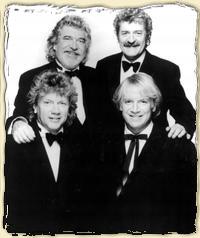
Moody Blues' Website
To hear more great music from this
legendary band, get Moody Blues CD's at Amazon.com
Biography
|
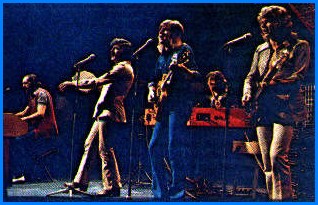
|
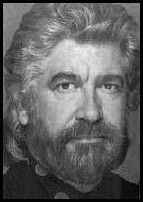
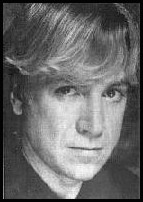
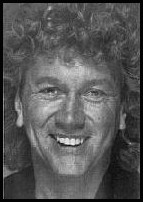
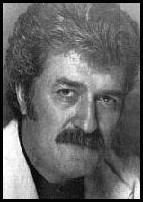
(From left to right):
Graeme Edge (drums, spoken word, poet extraordinaire, and onstage cheerleader)
Justin Hayward (lead guitar, lead vocalist)
John Lodge (bass guitar, lead vocalist)
Ray Thomas (flute, lead vocalist)

The Moody Blues
|
Get your favorite Moody Blues albums here at Amazon.com
The Moody Blues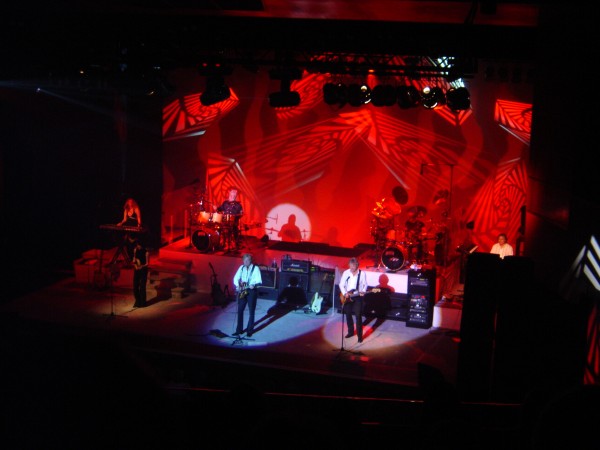 |
The Moody Blues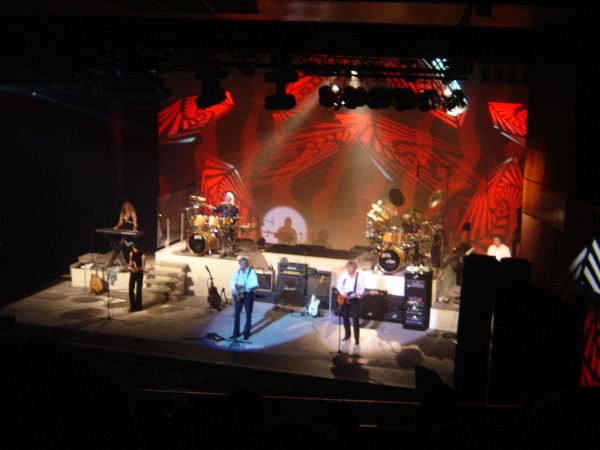 |
The Moody Blues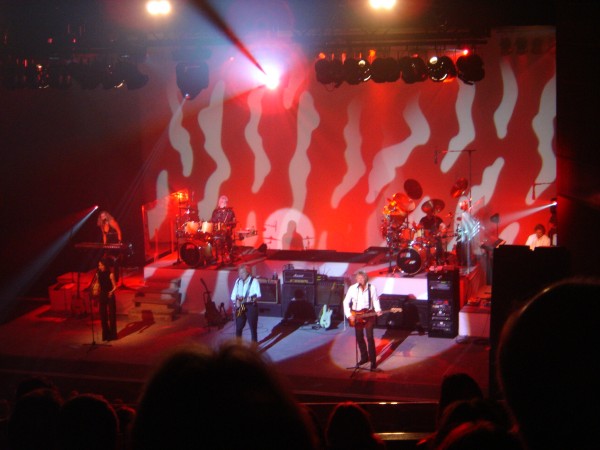 |
The Moody Blues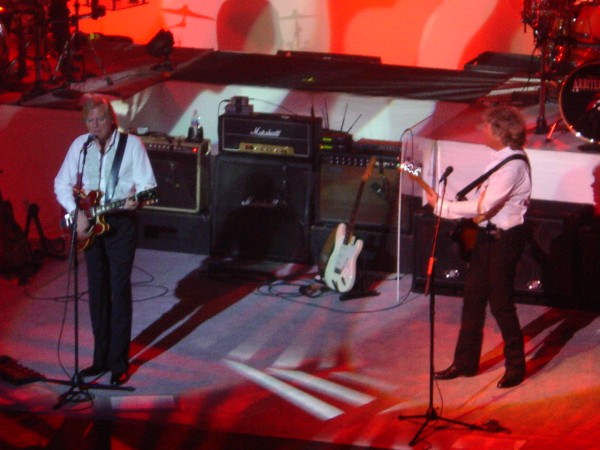 |
The Moody Blues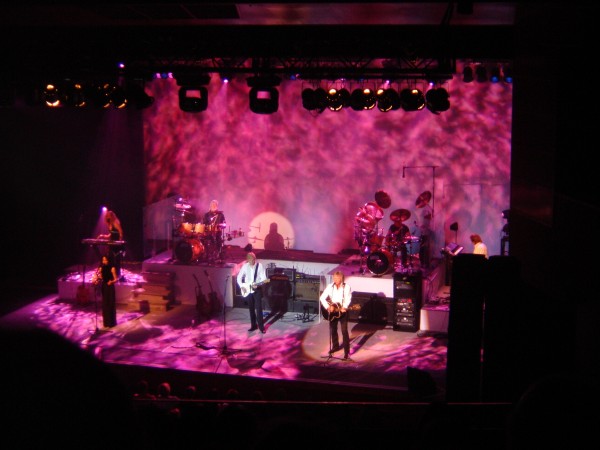 |
The Moody Blues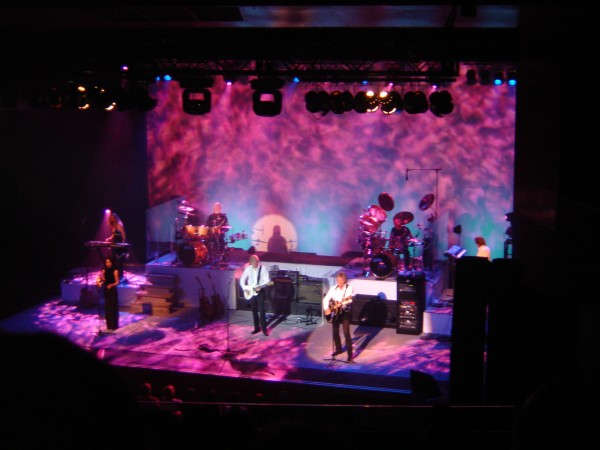 |
The Moody Blues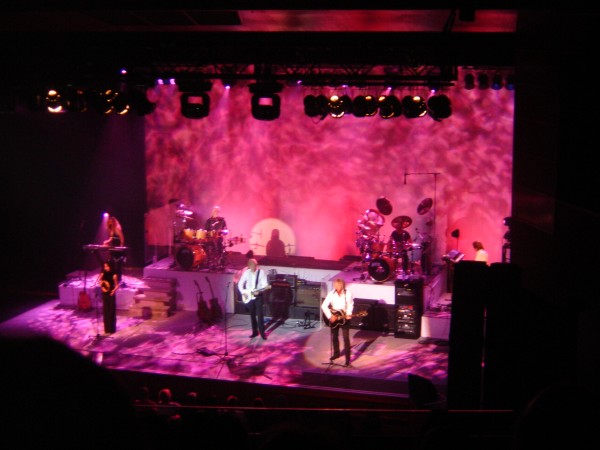 |
The Moody Blues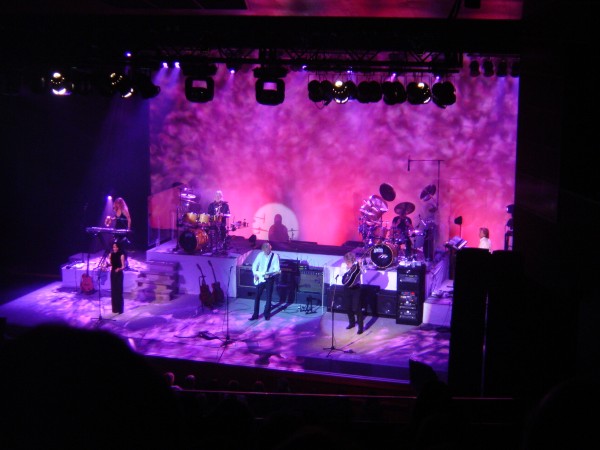 |
The Moody Blues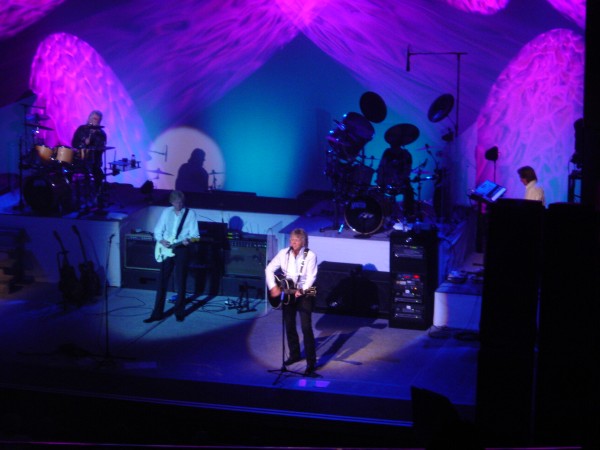 |
The Moody Blues |
The Moody Blues |
The Moody Blues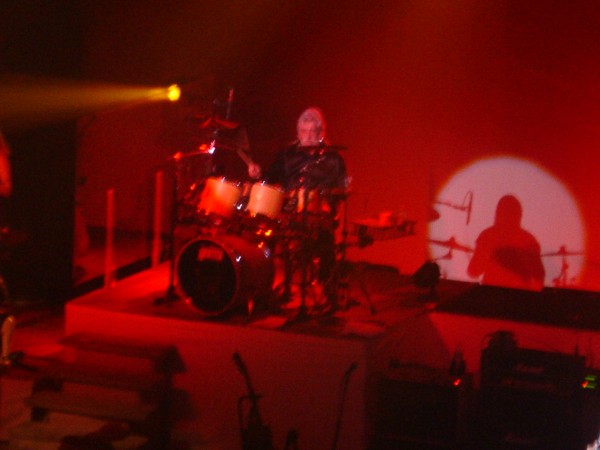 |
The Moody Blues |
The Moody Blues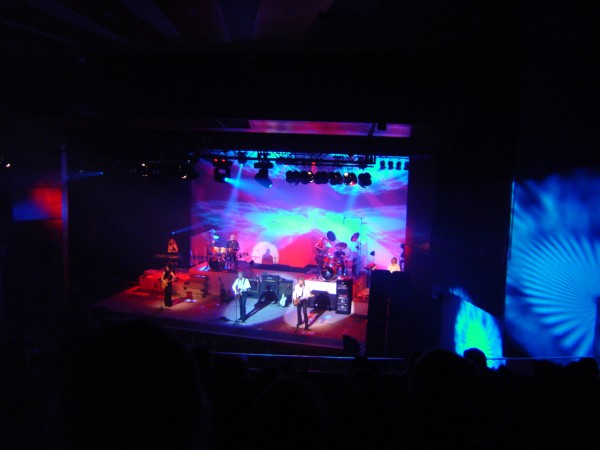 |
The Moody Blues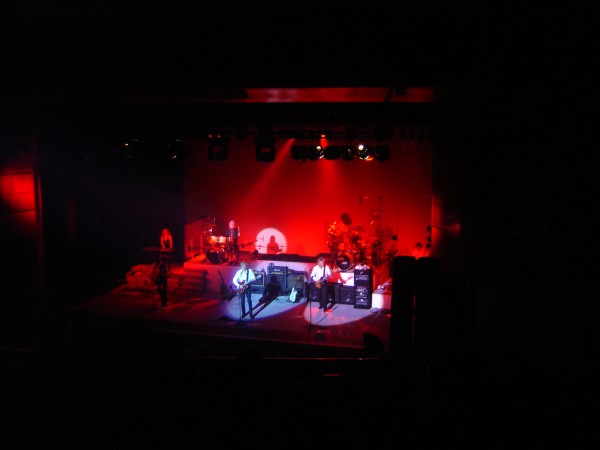 |
The Moody Blues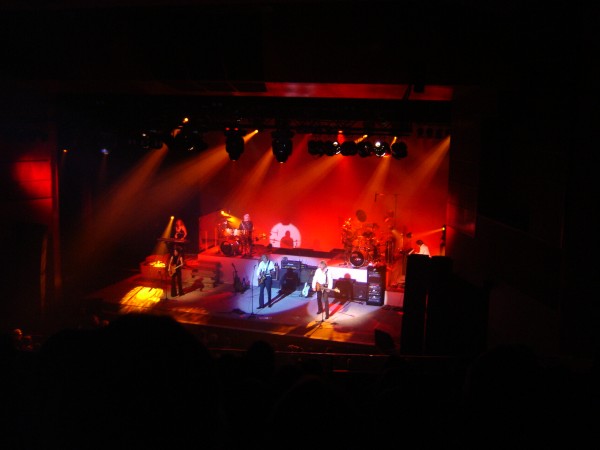 |
The Moody Blues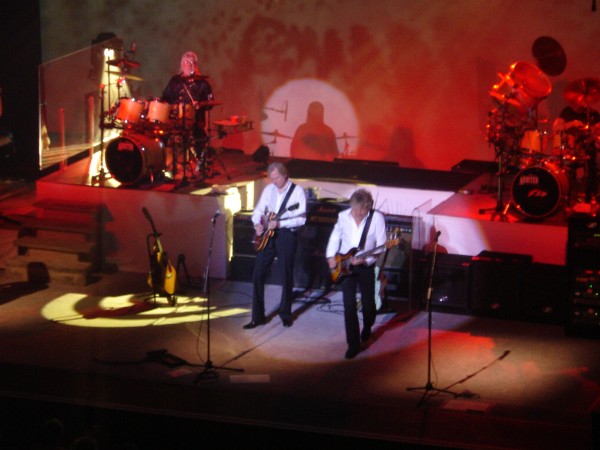 |
The Moody Blues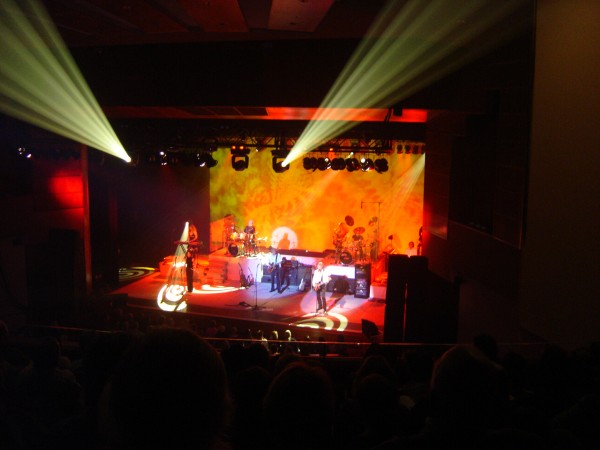 |
The Moody Blues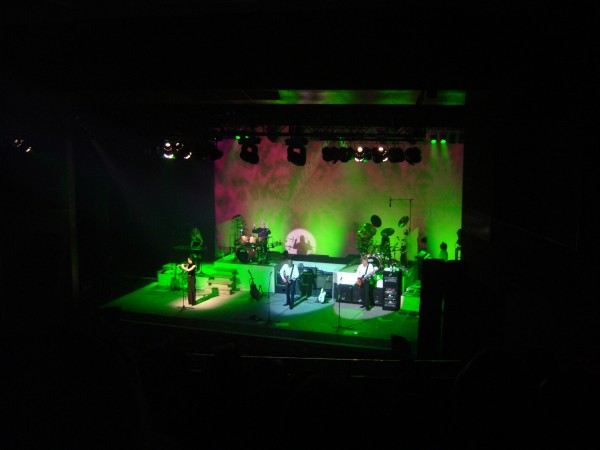 |
The Moody Blues |
The Moody Blues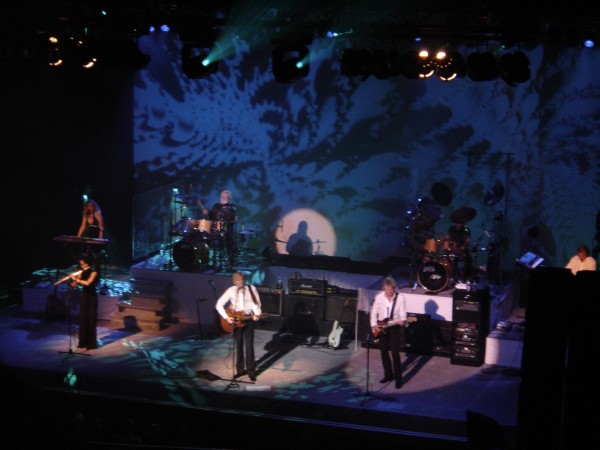 |
The Moody Blues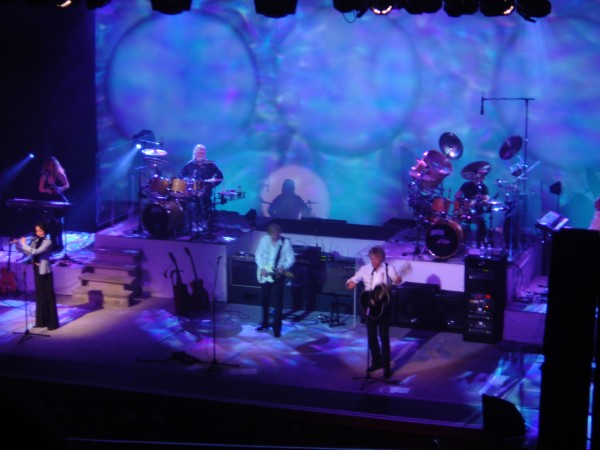 |
The Moody Blues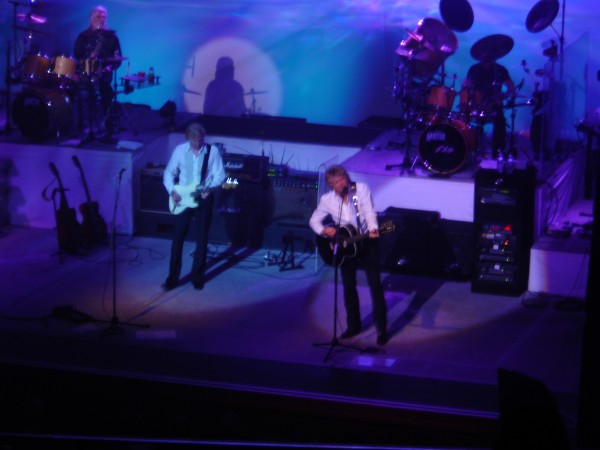 |
The Moody Blues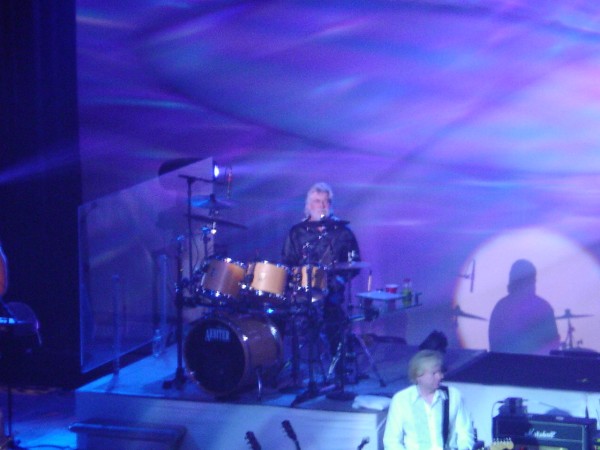 |
The Moody Blues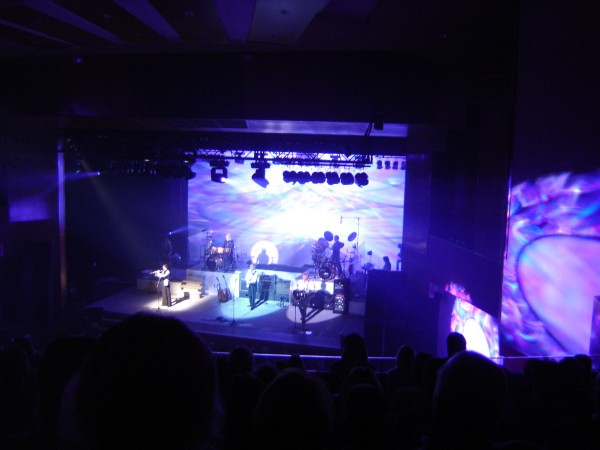 |
The Moody Blues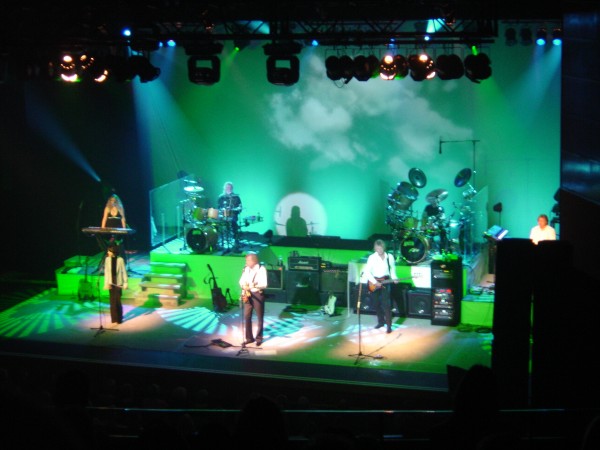 |
The Moody Blues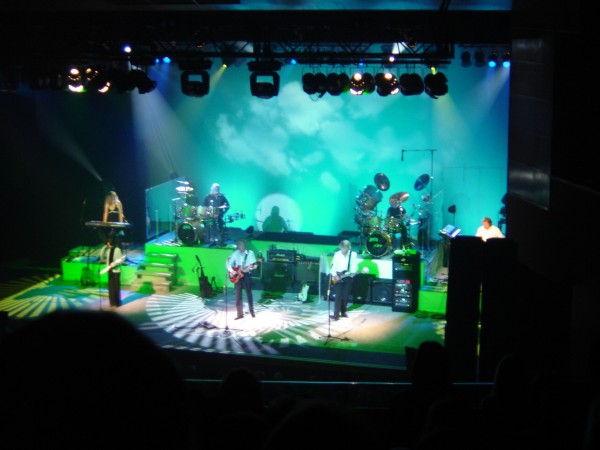 |
The Moody Blues |
The Moody Blues |
The Moody Blues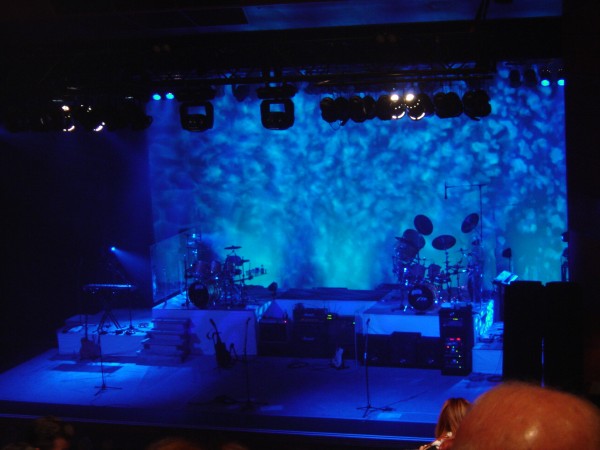 |
The Moody Blues |
The Moody Blues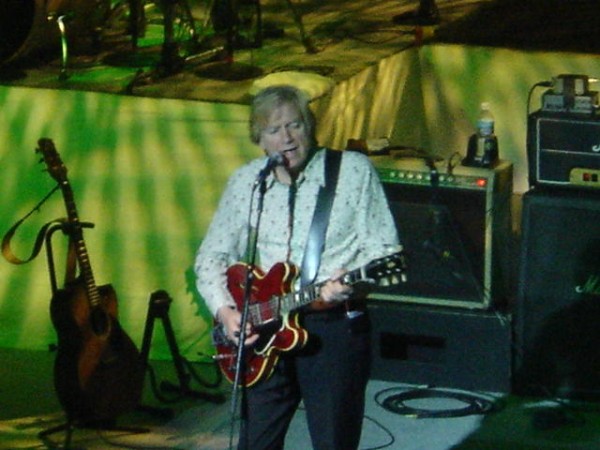 |
The Moody Blues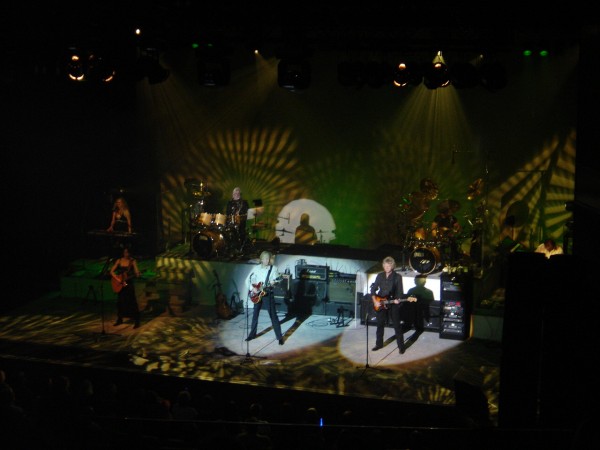 |
The Moody Blues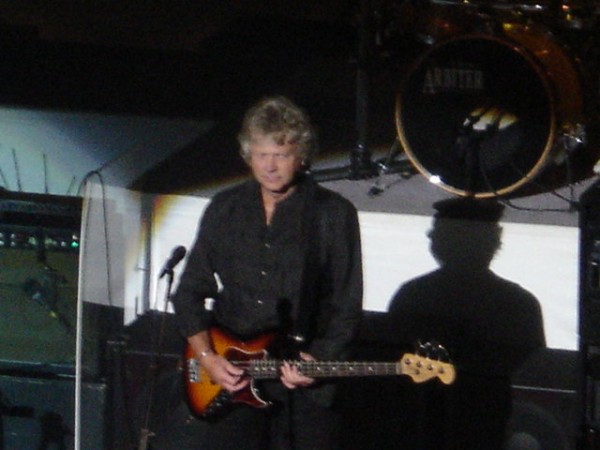 |
The Moody Blues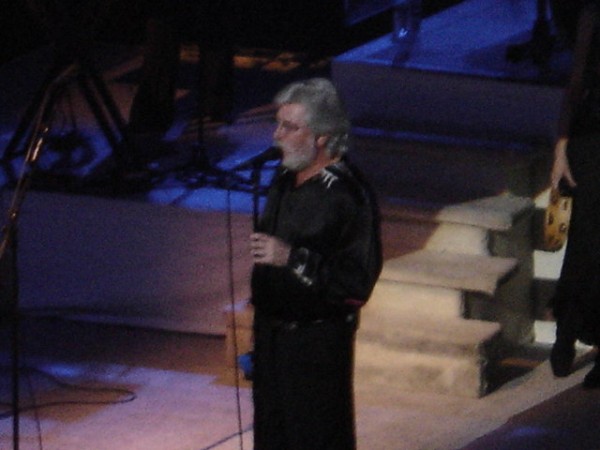 |
The Moody Blues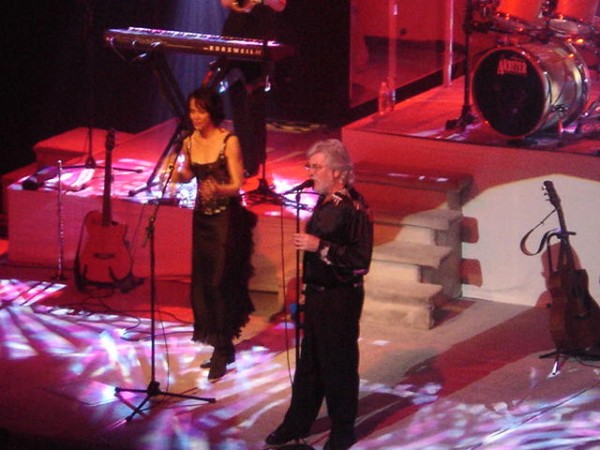 |
The Moody Blues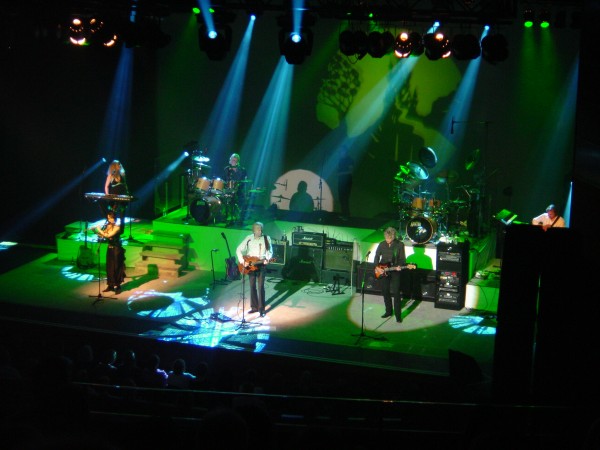 |
The Moody Blues |
The Moody Blues |
The Moody Blues |
The Moody Blues |
The Moody Blues |
The Moody Blues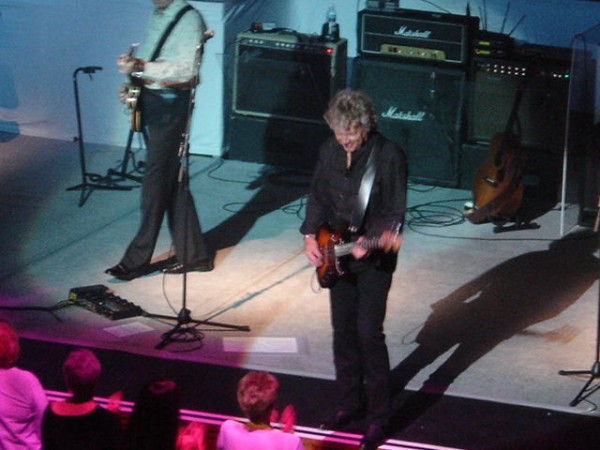 |
The Moody Blues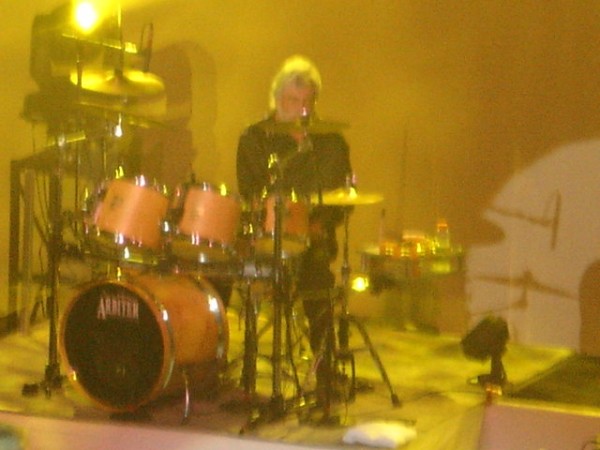 |
The Moody Blues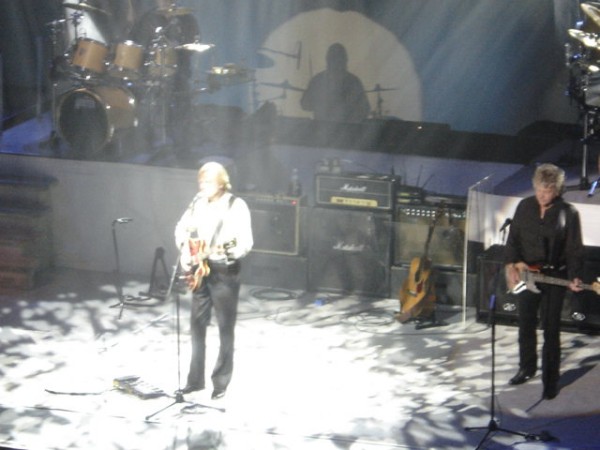 |
The Moody Blues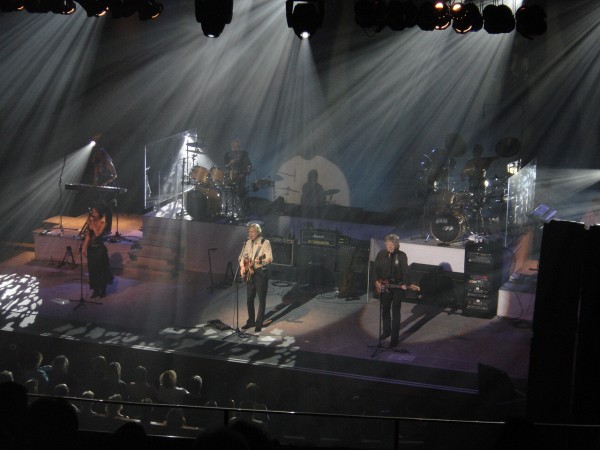 |
The Moody Blues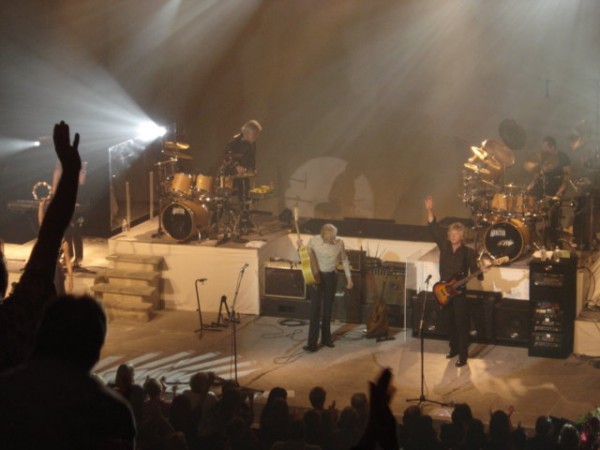 |
The Moody Blues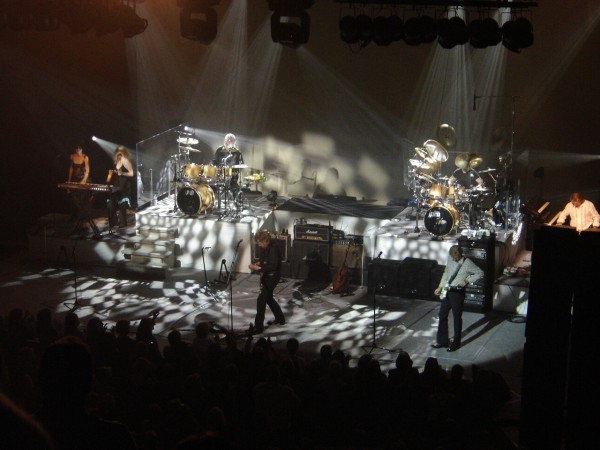 |
The Moody Blues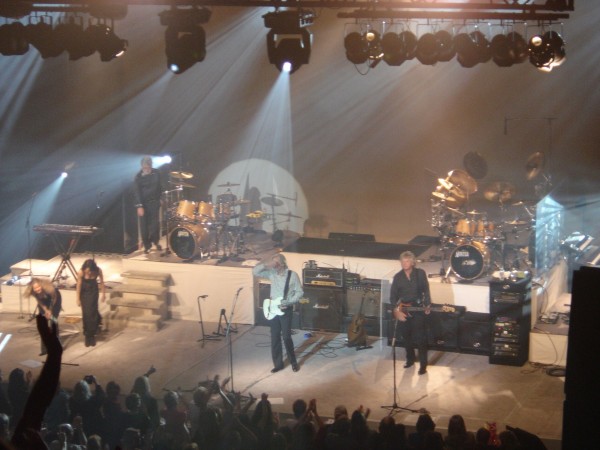 |
The Moody Blues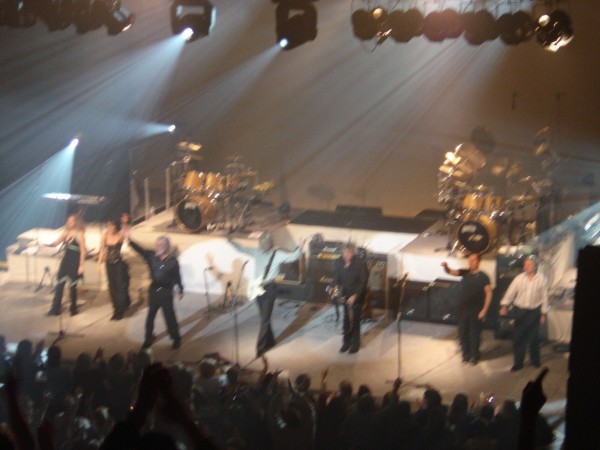 |
Moody Blues 2004 World Tour Program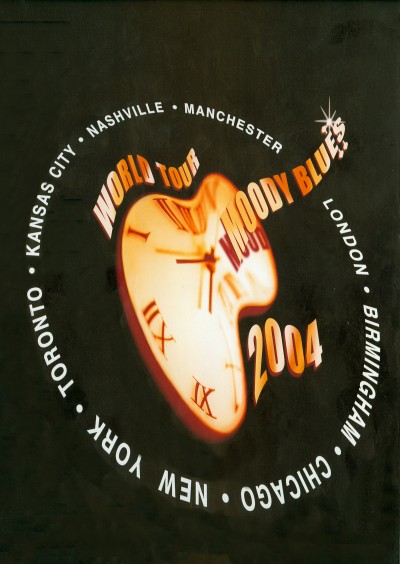 |
Moody Blues 2004 World Tour Program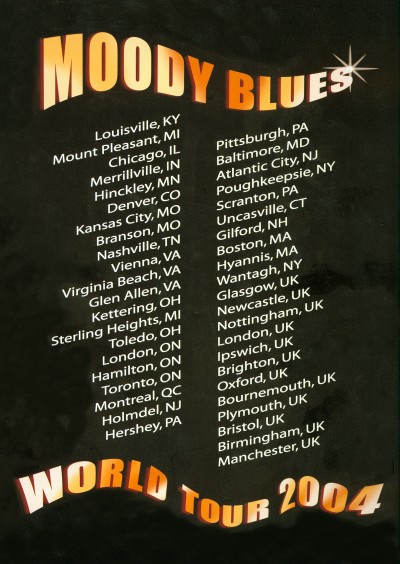 |
Moody Blues Tour Dates
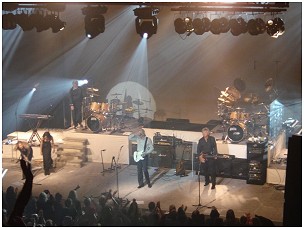
For Concert Dates:
(Click Here)

Days of Future Passed
Get it at Amazon.com

In Search Of The Lost Chord
Get it at Amazon.com

On The Threshold Of A Dream
Get it at Amazon.com

To Our Children’s Children’s Children
Get it at Amazon.com

A Question of Balance
Get it at Amazon.com

Every Good Boy Deserves Favour
Get it at Amazon.com

Seventh Sojourn
Get it at Amazon.com

Octave
Get it at Amazon.com

Long Distance Voyager
Get it at Amazon.com

The Present
Get it at Amazon.com

The Other Side Of Life
Get it at Amazon.com

Sur La Mer
Get it at Amazon.com

Prelude
(Import)
Get it at Amazon.com

Voices in the Sky
Best of The Moody Blues
(Import)
Get it at Amazon.com

Keys Of The Kingdom
Get it at Amazon.com

The Story Of The Moody Blues
Legend of a Band
Get it at Amazon.com

A Night at Red Rocks
Get it at Amazon.com

Caught Live + 5
Get it at Amazon.com

Time Traveller
(Box Set)
Get it at Amazon.com

The Best Of The Moody Blues
Get it at Amazon.com

Anthology
Get it at Amazon.com

Magnificent Moodies
(Import)
Get it at Amazon.com

Strange Times
Get it at Amazon.com

Hall Of Fame
(Live at the Royal Albert Hall 2000)
Get it at Amazon.com

20th Century Masters
The Millennium Collection:
The Best of the Moody Blues
Get it at Amazon.com

Very Best of
Live at R.A.H.
(Import)
Get it at Amazon.com

Journey Into Amazing Caves
(IMAX Sountrack)
Get it at Amazon.com

Say It With Love
Get it at Amazon.com

December
Get it at Amazon.com

Don't Need a Reindeer
December Snow
In the Quiet of Christmas Morning (Bach 147)
On This Christmas Day
Happy Xmas (War Is Over)
Winter's Tale
Spirit of Christmas
Yes I Believe
When a Child Is Born
White Christmas
In the Bleak Midwinter
One of the TRULY great bands to have
come out of the sixties or any other decade!
© Association Admiration Aggregation, 1997 - 2021